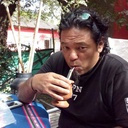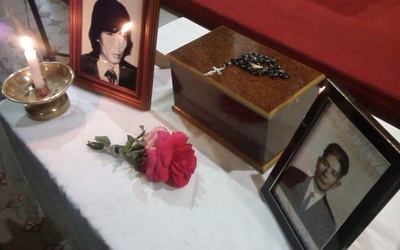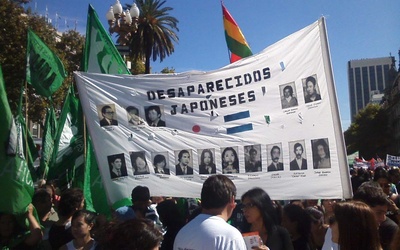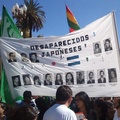
Juan Andrés Asato
Juan Andrés Asato was born in Ramos Mejía. He is a journalist graduated from the Higher School of Journalism of the Grafotécnico Institute, in Buenos Aires. He completed a diploma on Universal History “The changes at the end of the century” at the Ibero-American University of Mexico and began his journalistic career in the newspaper of the Japanese community in Argentina, La Plata Hochi. He was an editor in the sports section of Diario La Razón and a soccer columnist in the magazines Soccer Digest, World Soccer Digest and Soccer Magazine of Japan. He currently works in different graphic media in Argentina, including Diario La Nación and ISALUD Magazine, and is a columnist on the radio program Vamos Que Venimos, which is broadcast by streaming at www.larz.com.ar
Last updated July 2016
Stories from This Author
The 17 missing members of the Japanese community (Part II) — The “Aparecidos” Japanese from the Santa Lucía school
Aug. 15, 2016 • Juan Andrés Asato
Read part I >> The faces of Seikichi Gushiken and María Arasaki in front of the family altar ( butsudan ) after lighting an incense next to the photo of the “appeared” son, Carlos Horacio, is one of the most powerful images of the documentary Silencio roto , which tells the story of the descendants of Japanese who disappeared during the last military dictatorship in Argentina (1976-1983). Their looks summarize that long pilgrimage along an unexpected, winding and unknown path …
The 17 missing members of the Japanese community (Part I): Making history visible
July 15, 2016 • Juan Andrés Asato
Saying 17 out of 30,000 may be an insignificant number. But it is not if what we are talking about are missing people, in a political context like that of the 70s in Argentina when first the actions of parapolice groups in democratic times and then the military dictatorship carried out an extermination plan that had its most violent form of institutionalized repression in the forced disappearance of people. What were they looking for? People who thought differently and this …




